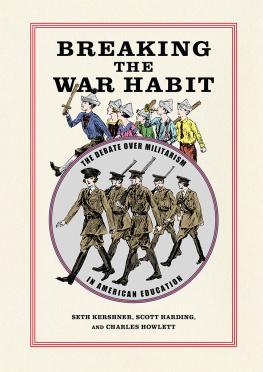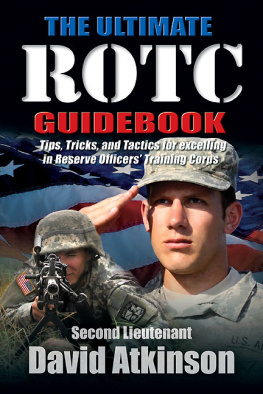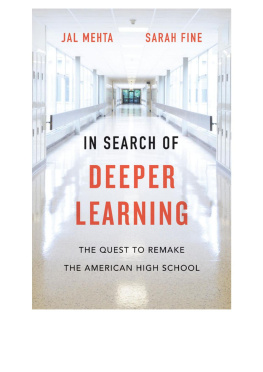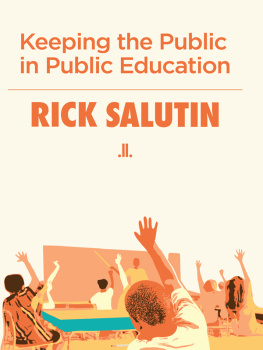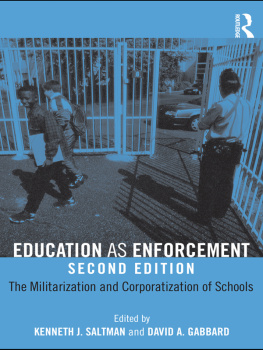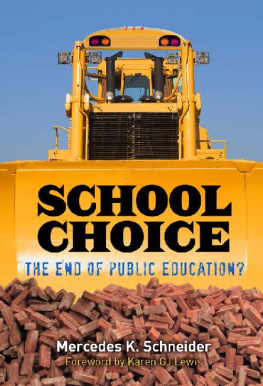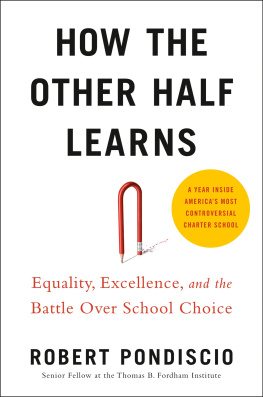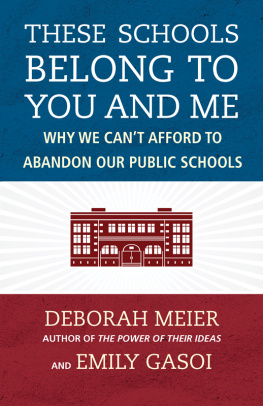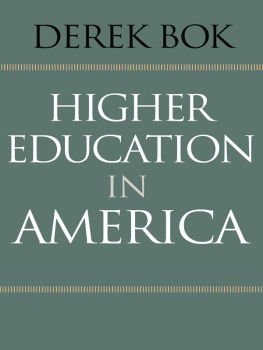Scott Harding - Breaking the War Habit: The Debate over Militarism in American Education
Here you can read online Scott Harding - Breaking the War Habit: The Debate over Militarism in American Education full text of the book (entire story) in english for free. Download pdf and epub, get meaning, cover and reviews about this ebook. City: Athens, year: 2022, publisher: University of Georgia Press, genre: Science. Description of the work, (preface) as well as reviews are available. Best literature library LitArk.com created for fans of good reading and offers a wide selection of genres:
Romance novel
Science fiction
Adventure
Detective
Science
History
Home and family
Prose
Art
Politics
Computer
Non-fiction
Religion
Business
Children
Humor
Choose a favorite category and find really read worthwhile books. Enjoy immersion in the world of imagination, feel the emotions of the characters or learn something new for yourself, make an fascinating discovery.
- Book:Breaking the War Habit: The Debate over Militarism in American Education
- Author:
- Publisher:University of Georgia Press
- Genre:
- Year:2022
- City:Athens
- Rating:5 / 5
- Favourites:Add to favourites
- Your mark:
Breaking the War Habit: The Debate over Militarism in American Education: summary, description and annotation
We offer to read an annotation, description, summary or preface (depends on what the author of the book "Breaking the War Habit: The Debate over Militarism in American Education" wrote himself). If you haven't found the necessary information about the book — write in the comments, we will try to find it.
The Pentagon currently spends around $1.4 billion per year on recruiting and hundreds of millions annually on other marketing initiatives intended to convince the public to enlistcostly efforts to ensure a steady stream of new soldiers. The most important part of this effort is the Pentagons decades-long drive to win over the teenage mind by establishing a beachhead in American high schools and colleges.
Breaking the War Habit provides an original consideration of the militarization of schools in the United States and explores the prolonged battle to prevent the military from infiltrating and influencing public education. Focused on the Junior Reserve
Officer Training Corps (JROTC) in high schools and the Reserve Officer Training Corps (ROTC) in higher education, the authors expose the pervasive influence and economic leverage bestowed on the military as it recruits children and youth.
Breaking the War Habit highlights those who have resisted the privileged status of the military and successfully challenged its position on campuses across the country. A scrappy band of activists, the Committee on Militarism in Education (CME) initiated this work following World War I, publicizing the rise of school militarism and its implications. For two decades, CMEs activism shaped public debate over the meaning of militarism in U.S. society and education settings, resulting in numerous victories against ROTC and JROTC programs. The authors also explore how, since the mid-1970s, military counter-recruiters have contested military recruiters largely unchecked access to high school students, raising awareness of a school-to-military pipeline that concentrates recruitment in urban (predominantly Black and low-income) regions.
Scott Harding: author's other books
Who wrote Breaking the War Habit: The Debate over Militarism in American Education? Find out the surname, the name of the author of the book and a list of all author's works by series.

